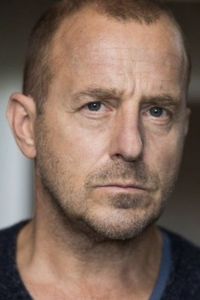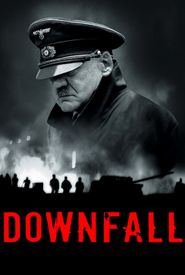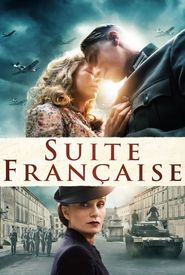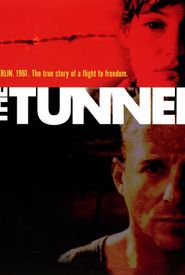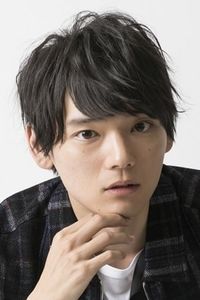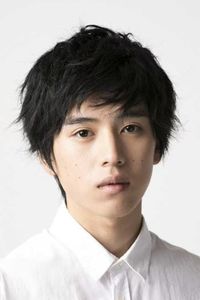Heino Ferch's early years were marked by his passion for artistry and gymnastics. His athletic prowess led him to land a role in the musical "Can Can" in 1978, which sparked his interest in acting. After completing his school education, Ferch devoted himself to his acting training at the renowned Salzburg Mozarteum. At the Mozarteum, he received comprehensive training in classical acting, singing, ballet, and tap dancing. He completed his training in 1987 and was promptly hired by the Freie Volksbühne Berlin, where he remained a member of the ensemble until 1990. In addition to his theater work, Ferch made his screen debut in the 1987 cinema production "Schloss Königswald".
Following his time at the Freie Volksbühne, Ferch joined the Berlin Schillertheater in 1990, where he remained until 1994. During this period, he made guest appearances at the Scala in Milan, the Salzburg Festival, and the Burgtheater in Vienna. Ferch's performances in both theater and film soon garnered attention, with particular praise for his portrayals of Obersturmbandführer Raufeisen in "Unhold" (1996) and Gestapo leader Klaus Barbie in "Lucie Aubrac" (1996). His role as Roman Cycowski in the hit production "Comedian Harmonists" contributed to his widespread popularity in 1997. By this time, Ferch had become one of the most sought-after German actors, with numerous successful productions following in both cinema and television.
Ferch's most successful television production to date is "The Miracle of Lengede" (2003),which won a "Bambi" award for "TV Event of the Year". He left a lasting impression as Albert Speer in "Downfall", alongside Bruno Ganz and Alexandra Maria Lara. "Ghetto", another Third Reich drama, was released in German cinemas in 2006, although it failed to achieve the desired success and did not convince the critics. Ferch was in a long-term relationship with actress Susanne von Borsody before marrying rider Marie-Jeanette Steinle in August 2005.
